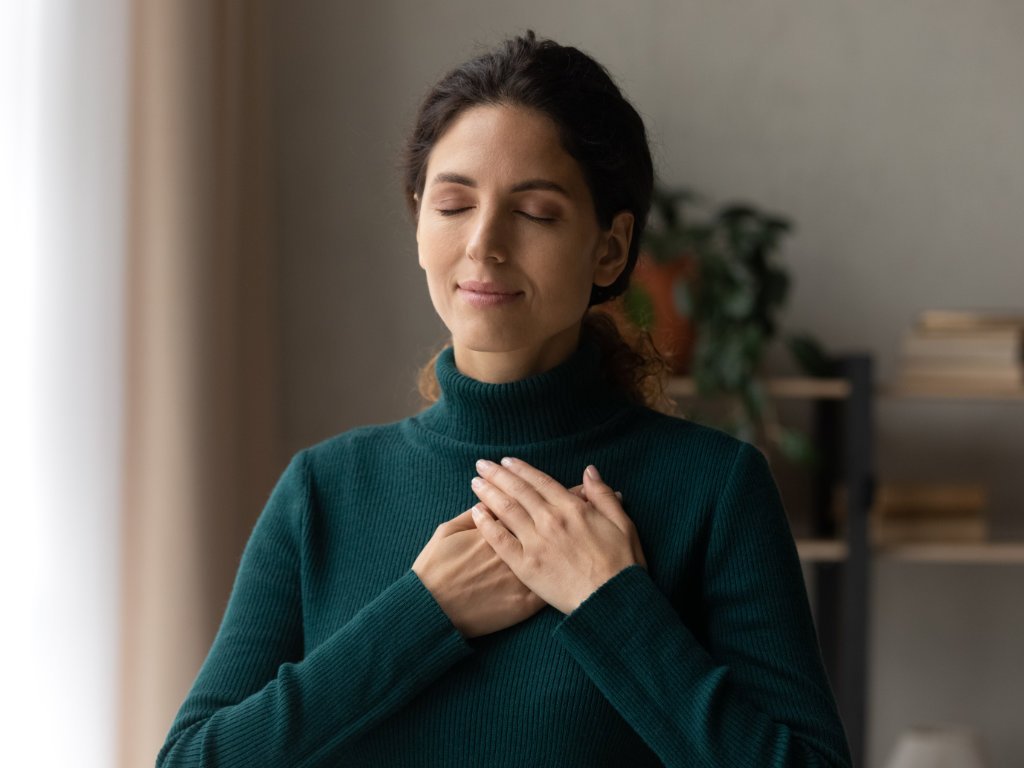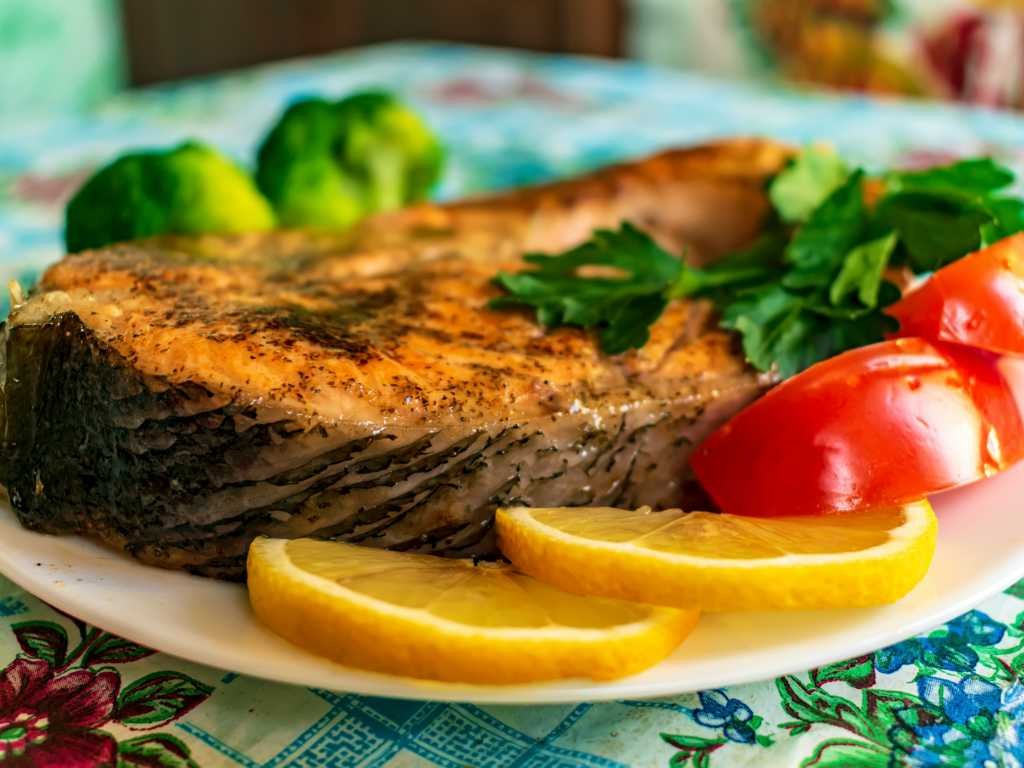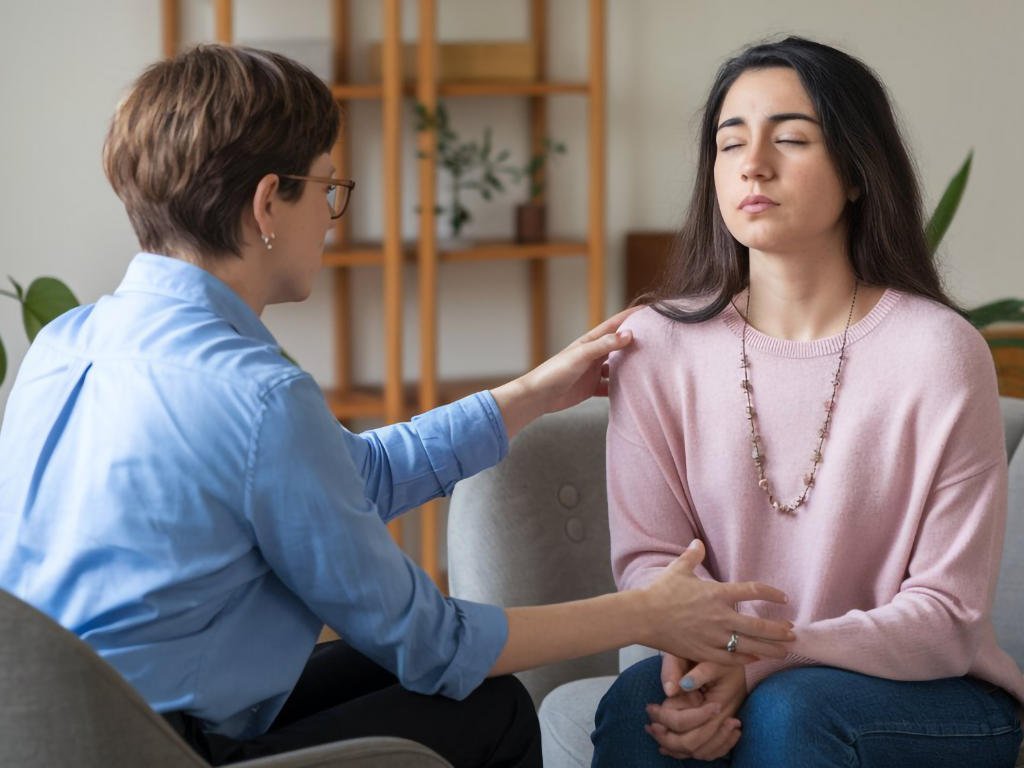Have you ever felt your heart racing before a big presentation, or found yourself lying awake at 3 AM with your mind spinning through worst-case scenarios? If so, you’re definitely not alone. Overcoming anxiety has become one of the most searched topics online, and for good reason – we’re living through what many experts are calling an anxiety epidemic.
The numbers are pretty staggering when you look at them. According to recent data from the American Psychiatric Association, 43% of American adults report feeling more anxious than they did just last year. That’s a significant jump from 37% in 2023 and 32% in 2022. It’s like we’re all collectively holding our breath, waiting for the next shoe to drop.
But here’s the thing – anxiety doesn’t have to control your life. While it might feel overwhelming right now, there are proven, natural ways to manage and reduce anxiety that don’t require a pharmacy visit. From simple breathing techniques to lifestyle changes that can transform how your brain processes stress, we’re going to explore practical strategies that actually work.
What Is Anxiety Really Doing to Your Body?
Before we dive into solutions, let’s talk about what’s actually happening when anxiety kicks in. Think of anxiety as your brain’s overly cautious security guard – it means well, but it’s constantly sounding false alarms.
When you experience anxiety, your body launches into what scientists call the “fight-or-flight” response. Your heart starts pumping faster, your breathing becomes shallow, and stress hormones like cortisol flood your system. It’s basically your body preparing for danger, even when the “threat” is just an upcoming job interview or social gathering.
The National Institute of Mental Health reports that anxiety disorders affected about 19.1% of U.S. adults last year, with women experiencing higher rates (23.4%) than men. What’s particularly concerning is that young adults aged 18-29 are the most affected group.
The Physical Symptoms You Might Be Experiencing
Anxiety doesn’t just mess with your mind – it shows up in your body too:
- Rapid heartbeat or palpitations
- Sweating and trembling
- Digestive issues like nausea or stomach butterflies
- Muscle tension, especially in shoulders and jaw
- Sleep disturbances and fatigue
- Difficulty concentrating
Sound familiar? These symptoms are your body’s way of telling you that it’s stuck in high-alert mode.
How Can Breathing Techniques Actually Calm Your Nervous System?
Here’s something that might surprise you – one of the most powerful tools for overcoming anxiety is something you’re already doing: breathing. But most of us are doing it all wrong when we’re anxious.
When anxiety hits, our breathing becomes shallow and rapid, which actually sends more panic signals to our brain. It’s like telling your nervous system, “Yep, we’re definitely in danger here!”
The 4-7-8 Breathing Method
This technique, developed by Dr. Andrew Weil, is like a natural tranquilizer for your nervous system:
- Exhale completely through your mouth
- Inhale through your nose for 4 counts
- Hold your breath for 7 counts
- Exhale through your mouth for 8 counts
- Repeat 3-4 times
The beauty of this method is that it forces your parasympathetic nervous system (your “rest and digest” mode) to kick in. It’s like switching your internal alarm system from “red alert” to “all clear.”

Box Breathing for Daily Practice
Another game-changer is box breathing, used by Navy SEALs and emergency responders to stay calm under pressure:
- Breathe in for 4 counts
- Hold for 4 counts
- Exhale for 4 counts
- Hold empty for 4 counts
Practice this for just 5 minutes daily, and you’ll start building resilience against anxiety triggers. It’s like strength training for your nervous system.
Which Natural Supplements Can Support Your Mental Health?
While breathing techniques work in the moment, some people find that natural supplements provide additional support for their anxiety management journey. Think of these as your backup dancers – they’re not the star of the show, but they can definitely help support your main anxiety management strategies.
Magnesium: The Relaxation Mineral
Magnesium deficiency is surprisingly common, and low levels are linked to increased anxiety. This mineral helps regulate neurotransmitters that send signals throughout your nervous system. Foods rich in magnesium include:
- Dark leafy greens like spinach
- Nuts and seeds (especially pumpkin seeds)
- Dark chocolate (yes, really!)
- Avocados and beans
If you’re considering a magnesium supplement, magnesium glycinate is often the most gentle on your digestive system.
L-Theanine: Green Tea’s Secret Weapon
Found naturally in green tea, L-theanine promotes relaxation without drowsiness. It’s like having a calm, focused feeling wash over you. Studies suggest it can reduce both mental and physical symptoms of stress.
Ashwagandha: The Adaptogenic Ally
This ancient herb is what’s called an “adaptogen” – it helps your body adapt to stress more effectively. Some research suggests it can lower cortisol levels and reduce anxiety symptoms. However, it’s not for everyone, so definitely consult with a healthcare provider first.
For more comprehensive information about natural supplements that can support overall wellness, check out our guide on powerful natural supplements that work.
How Do Lifestyle Changes Impact Anxiety Levels?
Here’s where things get really interesting – the way you live your daily life has a massive impact on your anxiety levels. It’s not just about managing symptoms; it’s about creating an environment where anxiety has less opportunity to take root.
The Sleep-Anxiety Connection
Poor sleep and anxiety are like frenemies – they feed off each other in the worst possible way. When you’re sleep-deprived, your brain’s emotional regulation center (the prefrontal cortex) doesn’t function properly, making you more reactive to stress.
Sleep hygiene basics that actually work:
- Keep your bedroom cool and dark
- Avoid screens for at least an hour before bed
- Create a consistent bedtime routine
- Try to wake up at the same time every day, even on weekends
Exercise: Your Natural Anti-Anxiety Medicine
Regular physical activity is one of the most effective natural anxiety treatments available. When you exercise, your body releases endorphins – those “feel-good” chemicals that naturally combat stress and anxiety.
You don’t need to become a gym rat overnight. Start with:
- 20-30 minute walks in nature
- Gentle yoga or stretching
- Dancing to your favorite music
- Swimming or water aerobics
For those looking to incorporate more structured fitness routines, our home workout routines for body transformation can help you get started without the intimidation factor of a gym.
What Role Does Nutrition Play in Mental Health?
The connection between what you eat and how you feel is stronger than most people realize. Your gut produces about 90% of your body’s serotonin – that crucial “happiness” neurotransmitter. When your gut health is off, your mood often follows.
Foods That Support Mental Wellness

Brain-boosting foods to include more of:
- Fatty fish rich in omega-3s (salmon, sardines, mackerel)
- Fermented foods for gut health (yogurt, kefir, sauerkraut)
- Complex carbohydrates for stable blood sugar (oats, quinoa, sweet potatoes)
- Antioxidant-rich berries and dark leafy greens
Foods That Can Worsen Anxiety
What to limit (not eliminate – life’s too short!):
- Excessive caffeine (that 4th cup of coffee might be pushing it)
- Processed foods high in sugar
- Alcohol (it might seem relaxing initially, but it disrupts sleep and can worsen anxiety)
- Foods you’re personally sensitive to
For a comprehensive approach to eating for optimal health, explore our ultimate balanced diet guidelines which can help support both physical and mental well-being.
How Can Mindfulness and Meditation Transform Your Relationship with Anxiety?
Let’s clear something up right away – meditation isn’t about emptying your mind or achieving some zen-master state of bliss. It’s about changing your relationship with your thoughts, including anxious ones.
When you practice mindfulness, you’re essentially training yourself to observe your thoughts without getting caught up in them. It’s like watching clouds pass by instead of being swept up in the storm.
Simple Mindfulness Techniques for Beginners
The 5-4-3-2-1 Grounding Technique:
When anxiety starts spiraling, engage your senses:
- 5 things you can see
- 4 things you can touch
- 3 things you can hear
- 2 things you can smell
- 1 thing you can taste
This brings you back to the present moment and out of the anxiety spiral.
Body Scan Meditation:
Start at the top of your head and slowly work your way down, noticing any tension or sensations without trying to change them. It’s like giving your body a gentle check-in.
Apps and Resources That Actually Help
While there are tons of meditation apps out there, some stand out for anxiety management:
- Headspace offers specific anxiety programs
- Calm has excellent sleep stories and nature sounds
- Insight Timer provides free guided meditations
The key is consistency over perfection. Even 5 minutes daily can make a difference.
Can Professional Support Enhance Your Natural Approaches?
Here’s something important to remember – seeking professional help isn’t giving up on natural approaches. It’s actually the smartest way to enhance them. Think of a therapist or counselor as your anxiety management coach.
When to Consider Professional Help
Consider reaching out if:
- Your anxiety interferes with daily activities
- You’re avoiding situations due to anxiety
- Physical symptoms are persistent or concerning
- You’re using substances to cope
- You have thoughts of self-harm
Therapy approaches that work well with natural methods:
- Cognitive Behavioral Therapy (CBT) helps identify and change thought patterns
- Acceptance and Commitment Therapy (ACT) focuses on accepting anxiety while pursuing your values
- Mindfulness-Based Stress Reduction (MBSR) combines meditation with stress management
For comprehensive support that addresses both mental and physical wellness, consider exploring our mental and emotional wellness resources.

What About Managing Anxiety in Specific Situations?
Let’s get practical – anxiety doesn’t just happen in a vacuum. It shows up at work presentations, social gatherings, and during life transitions. Here are some targeted strategies:
Social Anxiety Management
Before social situations:
- Prepare a few conversation topics
- Arrive early when crowds are smaller
- Bring a trusted friend when possible
During social interactions:
- Focus on being genuinely interested in others rather than worrying about what they think of you
- Use the breathing techniques we discussed earlier
- Give yourself permission to take breaks
Work-Related Anxiety
Preparation strategies:
- Break large projects into smaller, manageable tasks
- Practice presentations out loud
- Create backup plans for potential problems
In-the-moment techniques:
- Use bathroom breaks for quick breathing exercises
- Keep stress-relief tools at your desk (stress ball, calming essential oils)
- Practice positive self-talk
According to recent statistics, 70% of adults report anxiety about current events, particularly economic concerns (77%) and political landscape (73%). This context-specific anxiety requires tailored approaches.
Frequently Asked Questions About Natural Anxiety Management
How long does it take for natural anxiety treatments to work?
Natural approaches typically show initial benefits within 2-4 weeks of consistent practice, though some techniques like breathing exercises can provide immediate relief. Long-term changes in anxiety levels usually develop over 2-3 months of regular implementation.
Can I use natural methods alongside prescription medication?
Absolutely! Most natural anxiety management techniques complement medical treatments well. However, always consult with your healthcare provider before making changes to prescribed medications or adding supplements to your routine.
What if natural methods don’t seem to be helping my anxiety?
If you’ve tried several natural approaches consistently for 6-8 weeks without improvement, it might be time to consult a mental health professional. Sometimes anxiety requires additional support, and that’s completely okay.
Are there any natural remedies I should avoid?
While most natural approaches are safe, some supplements can interact with medications or aren’t suitable for everyone. Always research and consult healthcare providers before trying new supplements.
How do I know if my anxiety requires professional attention?
Consider seeking professional help if anxiety is interfering with your daily life, work, or relationships, or if you’re experiencing panic attacks, persistent physical symptoms, or thoughts of self-harm.
Building Your Personal Anxiety Management Toolkit
Overcoming anxiety isn’t about finding one magic solution – it’s about building a personalized toolkit of strategies that work for your unique situation. Think of it like having different tools for different jobs.
Your daily foundation might include:
- Morning breathing exercises or meditation
- Regular physical activity that you actually enjoy
- Consistent sleep schedule
- Nutritious meals that support stable blood sugar
Your emergency toolkit for high-anxiety moments:
- 4-7-8 breathing technique
- 5-4-3-2-1 grounding exercise
- A few drops of calming essential oil
- A playlist of calming music
Your weekly maintenance routine:
- Longer meditation or yoga sessions
- Time in nature
- Social connections with supportive friends
- Stress management activities like journaling
For additional stress management strategies that complement anxiety reduction, explore our game-changing stress management techniques.
Remember, managing anxiety is a journey, not a destination. Some days will be easier than others, and that’s completely normal. The goal isn’t to eliminate anxiety entirely – it’s to develop the skills and resilience to manage it effectively when it shows up.
The statistics about rising anxiety rates might seem discouraging, but they also mean you’re part of a community of people working toward better mental health. With the right combination of natural approaches, professional support when needed, and patience with yourself, overcoming anxiety becomes not just possible, but probable.
Your anxiety doesn’t define you, and you’re stronger than you think. Every small step you take toward managing your anxiety naturally is an investment in a calmer, more confident version of yourself.


